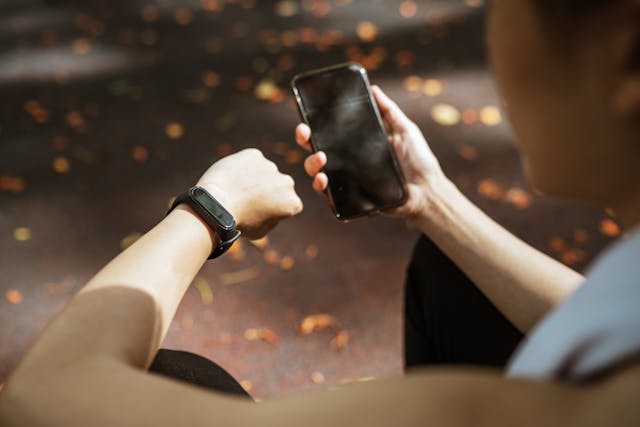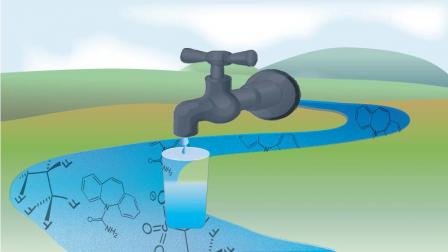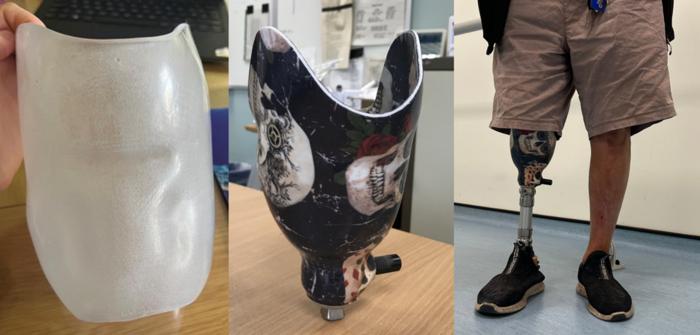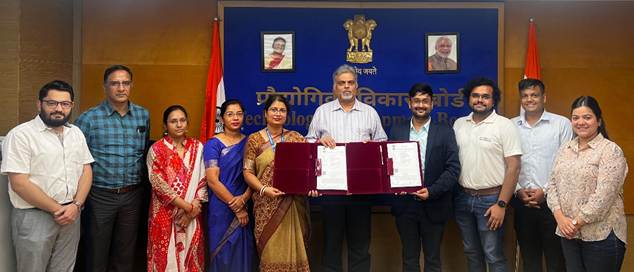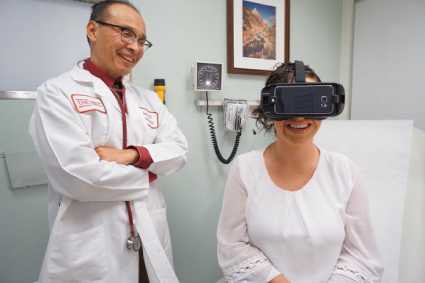Monitoring heart rate and physical activity using consumer wearable devices has shown clinical value in comparing the effects of two treatments for atrial fibrillation and heart failure.
A study published in Nature Medicine explored whether a commercially-available fitness tracker and smartphone could continuously monitor medication responses, providing clinical information similar to in-person hospital assessments.
The wearable devices, including a wristband and connected smartphone, collected extensive data on the responses to two different medications prescribed in a clinical trial called RATE-AF, funded by the National Institute for Health and Care Research (NIHR).
Researchers from the cardAIc group at the University of Birmingham, led by Professor Dipak Kotecha, used artificial intelligence to analyze over 140 million heart rate data points from 53 individuals over 20 weeks. They discovered that both digoxin and beta-blockers had similar effects on heart rate, even after accounting for differences in physical activity, contrasting previous studies that only assessed the short-term impact of digoxin.
A neural network was developed to account for missing information, preventing an overly optimistic view of the wearable data stream. This approach demonstrated that wearables could be as effective as standard tests used in hospitals and clinical trials, which often require significant staff time and resources. The study participants’ average age was 76 years, highlighting the potential value of this technology regardless of age or technological experience.
Professor Kotecha stated, “People across the world are increasingly using wearable devices in their daily lives to help monitor their activity and health status. This study shows the potential to use this new technology to assess the response to treatment and make a positive contribution to the routine care of patients.”
- EUREKALERT

